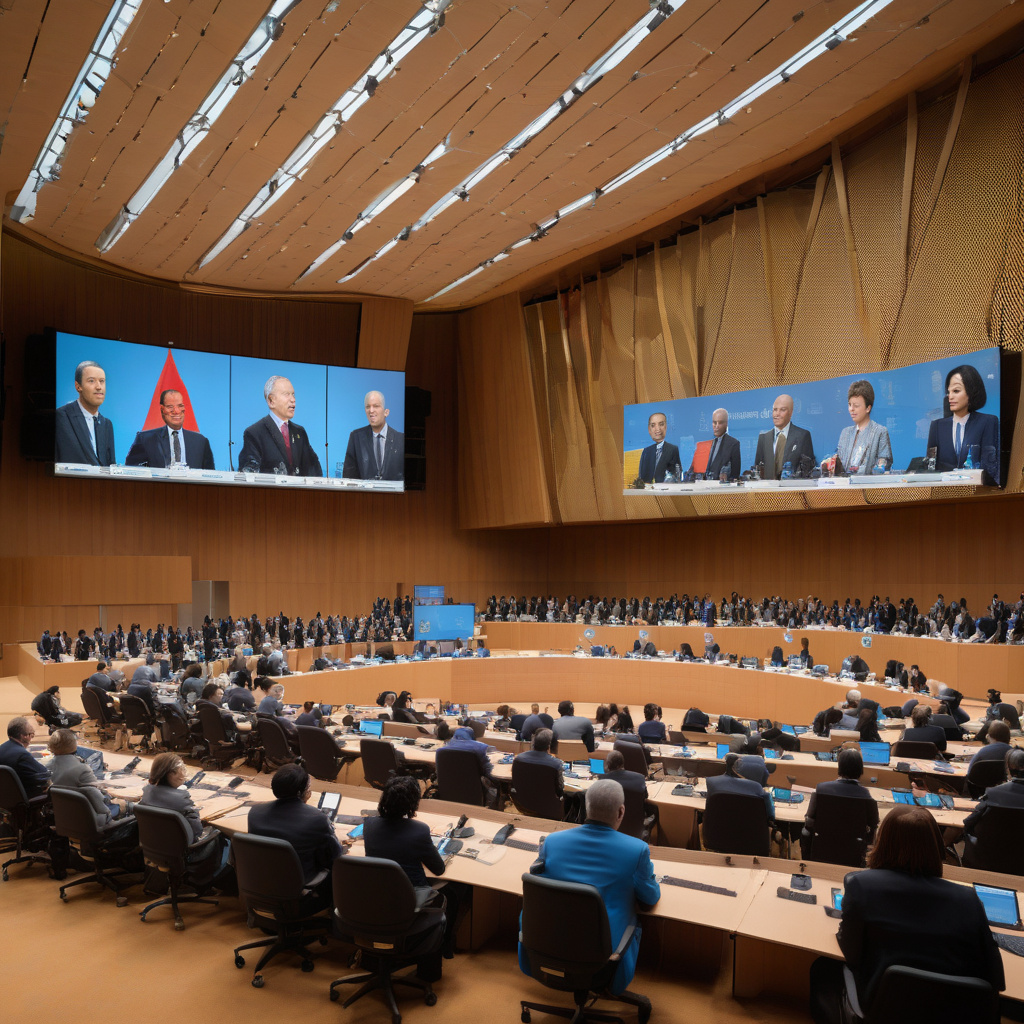UN Leaders Chart Inclusive Digital Future at WSIS+20
As global crises continue to escalate and technology advances at breakneck speed, the need for inclusive digital transformation has never been more urgent. In response to these challenges, UN leaders have come together at the World Summit on the Information Society +20 (WSIS+20) to chart a path towards a more equitable, resilient, and dignified future for all.
At the heart of this initiative is the recognition that digital technologies have the power to transform lives and societies for the better. From improving access to education and healthcare to enabling more efficient governance and sustainable development, the potential benefits of digital transformation are vast. However, if not managed carefully, these technologies also have the potential to exacerbate existing inequalities and create new divides.
By coming together at WSIS+20, UN leaders are reaffirming their commitment to harnessing the power of technology for the benefit of all. This includes ensuring that digital infrastructure is accessible to everyone, regardless of their income, location, or background. It also means fostering digital literacy and skills development to empower individuals to fully participate in the digital economy.
One key focus of the discussions at WSIS+20 is on leveraging digital technologies to build more resilient societies. The COVID-19 pandemic has underscored the importance of being able to adapt quickly to changing circumstances, and digital tools have played a crucial role in enabling remote work, distance learning, and telemedicine. By investing in digital resilience, countries can better prepare for future crises and ensure that essential services can continue uninterrupted.
Another important aspect of the discussions at WSIS+20 is on upholding human dignity in the digital age. As more aspects of our lives move online, from social interactions to financial transactions, it is essential to protect individuals’ rights to privacy, security, and freedom of expression. UN leaders are working to develop frameworks and standards that safeguard these rights while still allowing for innovation and progress.
One example of a successful initiative in this area is the Digital Public Goods Alliance, which aims to ensure that essential digital tools and resources are available to all. By promoting the development and adoption of open-source software, data standards, and other digital public goods, the Alliance is helping to level the playing field and enable more equitable access to technology.
In conclusion, the discussions taking place at WSIS+20 are a crucial step towards building a more inclusive and sustainable digital future. By working together to address the challenges and opportunities of digital transformation, UN leaders are paving the way for a world where technology benefits everyone, leaving no one behind.
UN, Leaders, Inclusive, Digital Future, WSIS+20.












